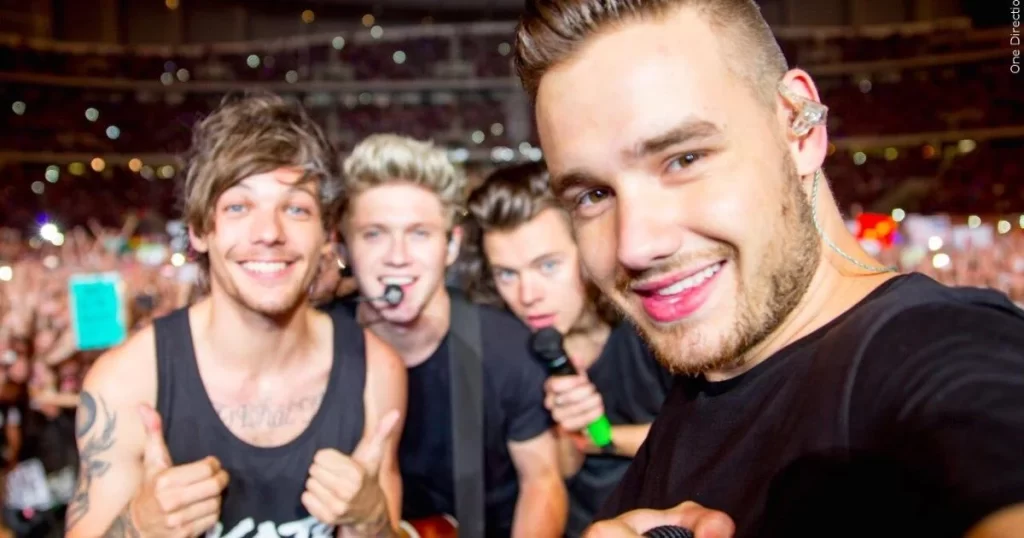The Tragic Loss of Liam Payne: A Wake-Up Call for the Entertainment Industry
3 min read

The recent death of Liam Payne has cast a shadow over the music industry, raising pressing questions about the welfare of young stars. The 31-year-old musician tragically fell from a third-floor balcony at his hotel in Buenos Aires, with investigators noting he was alone at the time. The scene left behind—shattered furniture and reports of erratic behavior—paints a distressing picture of a final episode fraught with turmoil.
Payne rose to fame at just 16 as a member of One Direction after his appearance on “The X Factor” in 2010. Having spent much of his formative years under the unrelenting scrutiny of the public eye, his untimely passing is prompting a renewed focus on the mental health challenges and addiction issues that frequently plague young celebrities thrust into the spotlight.
In a poignant critique of the entertainment industry, Sharon Osbourne, former “X Factor” judge, expressed her sorrow on social media, stating, “We all let you down. Where was this industry when you needed them?” Although Osbourne was not a judge during Payne’s tenure on the show, her sentiments resonate profoundly: “You were just a kid when you entered one of the toughest industries in the world. Who was in your corner?”
This sentiment was echoed by Guy Chambers, a songwriter and friend of Robbie Williams, who urged the industry to reconsider the age at which young talents enter the music scene. “I do think putting a 16-year-old in an adult world like that is potentially really damaging,” Chambers remarked. “I would suggest that people should not be in a boy band until they are 18, and the industry should stick to that.”
Payne himself spoke openly about the intense pressure that accompanied his rise to fame. In a 2021 podcast interview, he candidly admitted to struggles with substance abuse, revealing, “It was really, really, really severe. It was a problem.” Reflecting on the isolating nature of touring, he shared, “The best way to secure us… was to lock us in our rooms. What’s in the room? A mini-bar. So I thought, I’m just going to have a party-for-one, and that carried on for many years.”
By 2019, the toll of his struggles was evident, with tabloids showcasing his physical decline due to what he described as a “pills-and-booze” phase. Speaking to Men’s Health Australia, he compared the numbing effects of alcohol to “putting the Disney costume on before you step on stage,” yet acknowledged the toxicity of that crutch.
In 2023, Payne celebrated a significant milestone—100 days of sobriety—following a rehabilitation stint. In a heartfelt YouTube video, he expressed relief at regaining control of his life and gratitude for overcoming the destructive patterns of his past.
However, Payne’s journey reflects a broader trend affecting many young stars. Mental health experts have long warned about the dangers of sudden fame, especially for those still developing emotionally. The pressures associated with public life can rob young celebrities of a normal childhood, forcing them to navigate the complexities of fame often without adequate support. Many resort to substances as a coping mechanism for the isolation and relentless demands that accompany stardom. Other performers, like Demi Lovato and Robbie Williams, have shared similar narratives of addiction in the face of overwhelming pressure.
The advent of social media and the 24-hour news cycle has only exacerbated these issues. For artists like Payne, every misstep is subject to public scrutiny, which can trigger feelings of shame—often a precursor to substance abuse. The isolation inherent in touring, coupled with the relentless expectation to perform, creates an environment where addiction can flourish.
Liam Payne’s tragic story serves as a stark reminder of the emotional toll that fame can exact on young artists. His experience is part of a larger narrative that underscores the urgent need for the entertainment industry to prioritize the mental health and wellbeing of its youngest talents. As the conversation around mental health in the industry continues, it’s essential to recognize that many young stars, like Payne, require support and protection during their most vulnerable moments.